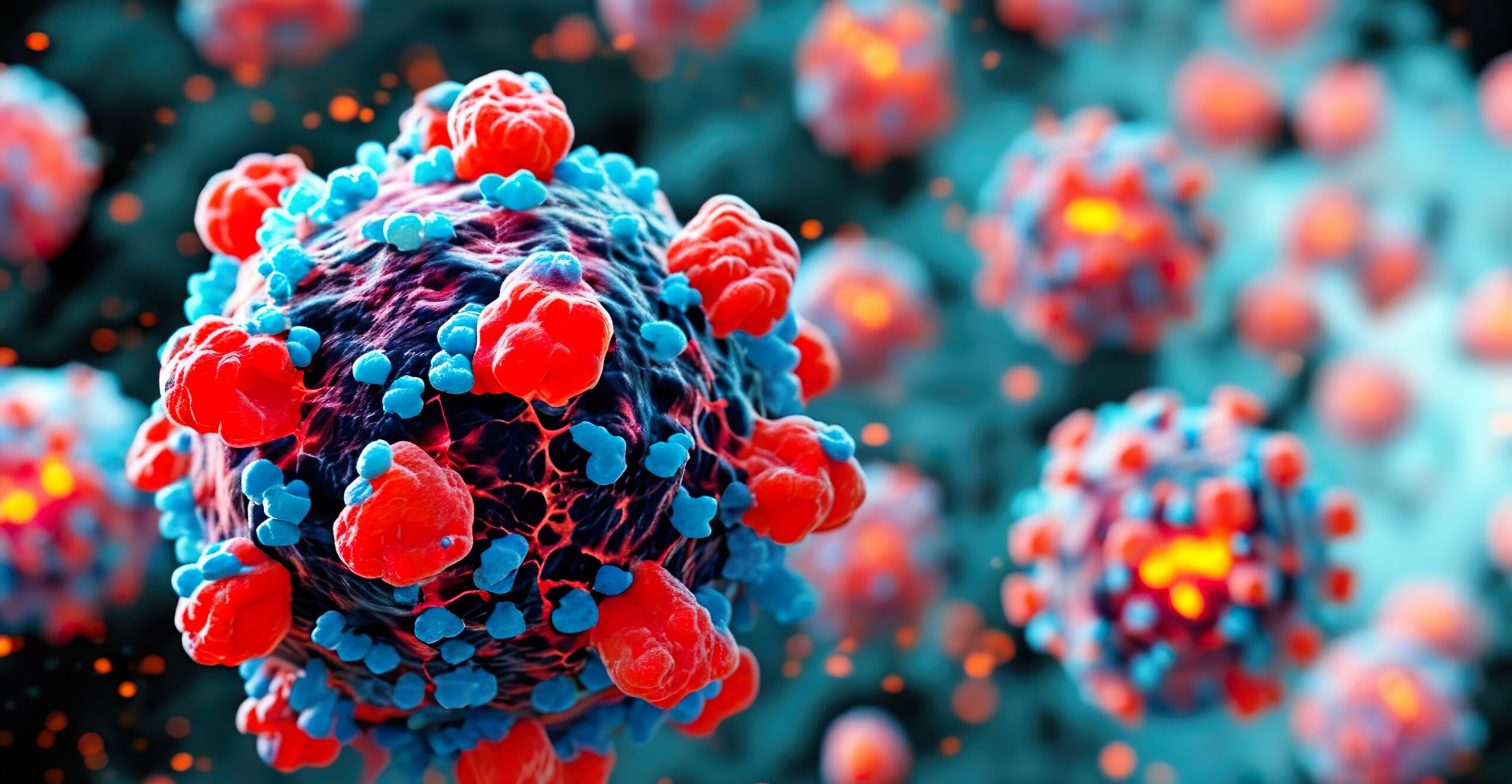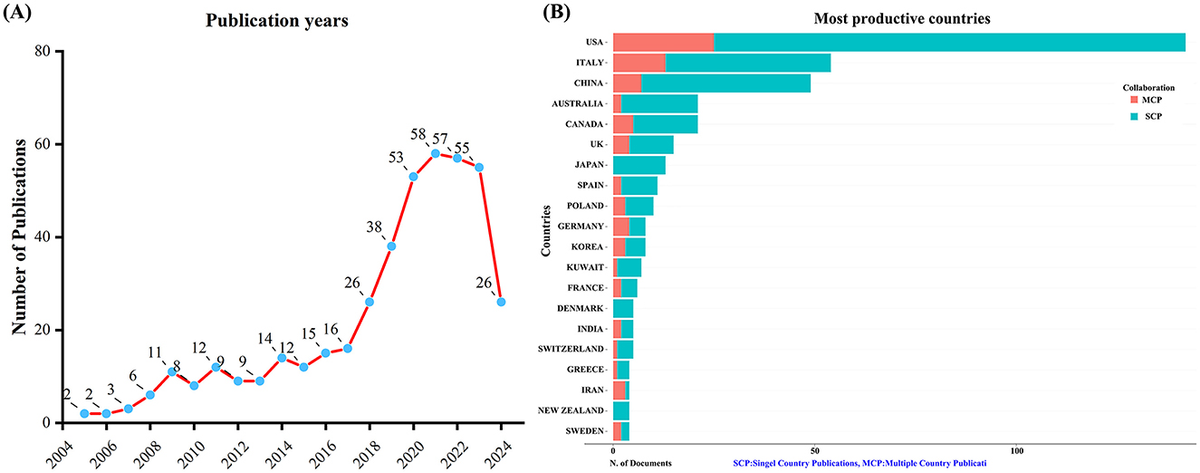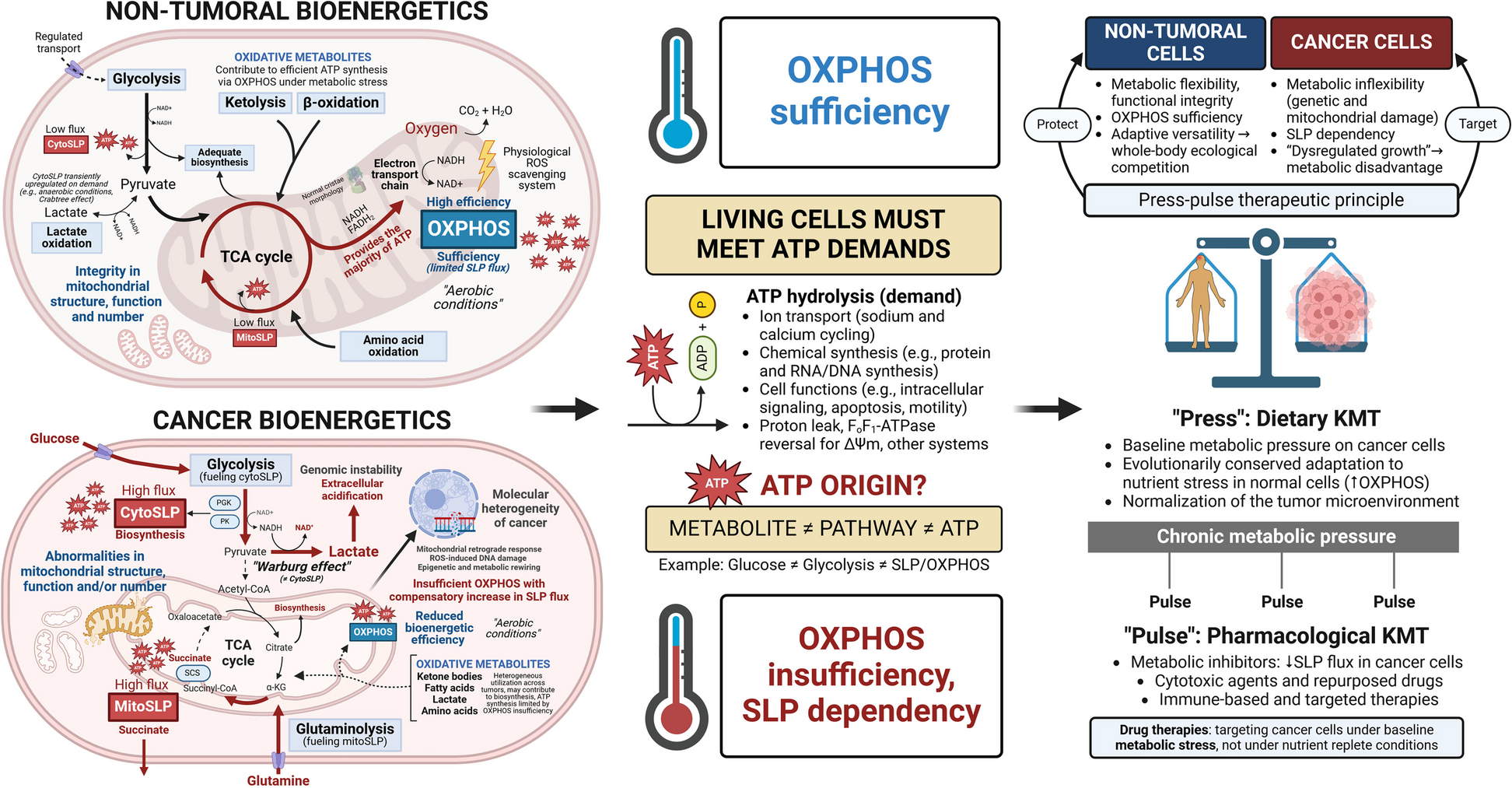Chimeric antigen receptor (CAR) T-cell therapy has revolutionized cancer treatment since the first CAR T-cell therapy, tisagenlecleucel (Kymriah; Novartis), came to market in 2017. Today, there are 7 CAR T-cell therapies that have received FDA approval; however, relapse rates remain as high as 40%, necessitating novel strategies to enhance treatment efficacy.1
A 3D rendering of a CAR T-cell used in treatment. Image Credit: © funny – stock.adobe.com

While much attention has been devoted to understanding intrinsic resistance mechanisms and the tumor microenvironment, investigations into the impact of diet have been minimal, explained Shan Liu, PhD, at the 66th American Society of Hematology (ASH) Annual Meeting and Exposition in San Diego, California. To investigate how dietary patterns and metabolites can bolster CAR T-cell function, Liu and colleagues at the University of Pennsylvania in Philadelphia looked at the effects of the ketogenic diet and β-hydroxybutyrate (BHB).1,2
Dietary Interventions and CAR T-Cell Efficacy
Liu and colleagues tested 5 diets, including ketogenic, high-fiber, high-fat, high-protein, and Western (ie, high cholesterol), against a macro- and micronutrient content-matched control diet in a preclinical mouse model of diffuse large B-cell lymphoma (DLBCL). Mice were inoculated with tumors (A20), infused with anti-CD19 CAR T-cells (CART19), and monitored for tumor control. The ketogenic diet was observed to outperform all others, significantly improving tumor control and survival.1,2
“We found that among all the dietary interventions, mice which were infused with CAR T-cells and were fed the ketogenic diet, experienced the greatest improvement in tumor control,” said Liu during the ASH presentation. “We then asked how ketogenic diet may improve the CAR T-cell function and hypothesized that a systemic factor could be responsible.”1
To explore the systemic factors driving this effect, serum from ketogenic diet–fed mice was applied to CAR T-cells in vitro. According to Liu, this resulted in enhanced CAR T-cell proliferation. An untargeted metabolomic analysis was then conducted, which revealed an enrichment of several metabolites, with BHB showing the greatest impact. Further in vivo studies confirmed that BHB supplementation alone could replicate the ketogenic diet’s tumor-control benefits, underscoring BHB’s pivotal role.1
Notably, the effects of BHB required the interaction of CAR T-cells with their tumor antigens. Mice infused with unmodified T cells and given either a ketogenic diet or BHB supplementation showed no significant tumor control, indicating the importance of CAR T-cell specificity.1
Mechanisms of BHB
The researchers discovered that BHB acts as an efficient energy source for CAR T-cells, particularly in the metabolically challenging tumor microenvironment. Using isotope tracing, Liu and colleagues observed that CAR T-cells preferentially metabolize BHB into citric acid cycle intermediates, bypassing glycolysis and supporting oxidative phosphorylation. BHB also increased oxygen consumption, energy production, and cytokine secretion, which are critical markers of CAR T-cell functionality.1,2
Epigenetic analyses provided further insights, showing BHB increased histone acetylation in CAR T-cells by enhancing Acetyl-coenzyme A (acetyl-CoA) availability, opening chromatin regions associated with effector and memory genes (eg, FOXO1, TCF7, GZMB). This metabolic-epigenetic interplay amplified CAR T-cell expansion and persistence and likely reflects increased Acetyl-CoA from BHB entering the CAR-T nucleus and acetylating histones. Further, Liu and colleagues found that deleting BDH1, the key enzyme involved in BHB metabolism to Acetyl-CoA, in CAR-T reduced the functional benefit observed from BHB. According to Liu, this further confirms that BHB enhances CAR-T function through metabolic modulation.1,2
Translational Evidence in Human Studies
The translational potential of these findings was supported by 2 studies. First, Liu and colleagues conducted a retrospective analysis of serum samples from patients in a CAR T-cell clinical trial (NCT02030834), which showed a positive correlation between BHB levels and CAR T-cell expansion.1,2
“We retrospectively analyzed the serum from a patient with B-cell lymphoma taken 7 days post–CAR T infusion, and we found that BHB serum concentration possibly correlated with CART19 peripheral expansion, possibly suggesting that natural variability and BHB level can influence the CAR T-cell proliferation in the patient,” Liu said.1
Second, a small-scale interventional study with healthy volunteers demonstrated that oral BHB supplementation enhanced T-cell respiratory capacity and energy production, suggesting that BHB could improve CAR T-cell performance in clinical settings.1
“We performed a small scale interventional trial with 3 healthy volunteers who received the BHB by oral supplementation. This systemic exposure to BHB was sufficient to enhance the respiratory capacity as well as the energy production of the isolated T cells,” Liu said. “This again suggests that the function of BHB may be to enhance the T cell metabolites in peripheral, which in the case CAR T-cells, led to sustained proliferation and cytokine production.”1
Future Directions
The studies demonstrate that a ketogenic diet or BHB supplementation can significantly enhance CAR T-cell therapy. This approach, leveraging an endogenous metabolite with a favorable safety profile, holds promise for improving outcomes in relapsed or refractory cancers, according to Liu. If successful, it could pave the way for integrating dietary strategies into cancer immunotherapy protocols.1
“These results are exciting because they suggest a simple, safe, and scalable strategy to enhance CAR T-cell therapy through diet,” Liu said. “In summary, our study showed that the ketogenic diet enhanced the anti-tumor function of CAR T-cells through BHB, and BHB boosts the CAR T-cell expansion, cytokine release, and improves the CAR T-cell metabolic fitness, thereby strengthening the anti-tumor efficacy of the CAR T-cell.”1
Furthermore, the findings have already spurred the initiation of a clinical trial at Penn Medicine evaluating BHB supplementation in patients with non-Hodgkin lymphoma receiving CAR T-cell therapy.1
“Encouraged by this result and the fact that BHB is an endogenous metabolite with an outstanding safety profile, we initiated a clinical trial of BHB supplementation in patients with CART19 non-Hodgkin lymphoma, led by Elise A. Chong, MD, at Penn Medicine. Patients will be enrolled after CAR T consent, but before the lympho-depleting chemotherapy,” Liu said. “We plan to start BHB administration on the day after chemotherapy and stop around day 28 post–CAR T infusion. In this small proof of concept trial, we aim to examine the feasibility of BHB supplementation in patients receiving CAR T-cell therapy, and also assess the changes in patients’ immune system via analyzing their peripheral blood sample. Next, we also want to investigate the effect of BHB on CAR T-cells against solid tumors and the potential mechanisms. Lastly, we are also interested in exploring the role of the microbiome in mediating the effect of the ketogenic diet in enhancing CAR T-cell function.”1
REFERENCES
-
Liu S. Food for Thought: How Diet and Lifestyle Affects Hematologic Care. Presented at: 66th ASH Annual Meeting and Exposition; San Diego, California; December 7-10, 2024.
-
Liu S, Guruprasad P, Han K, et al. 4 Ketogenic Diet Enhances CAR T Cell Antitumor Function Via β-Hydroxybutyrate. American Society of Hematology. 2024. Accessed December 7, 2024. https://ash.confex.com/ash/2024/webprogram/Paper208913.html




